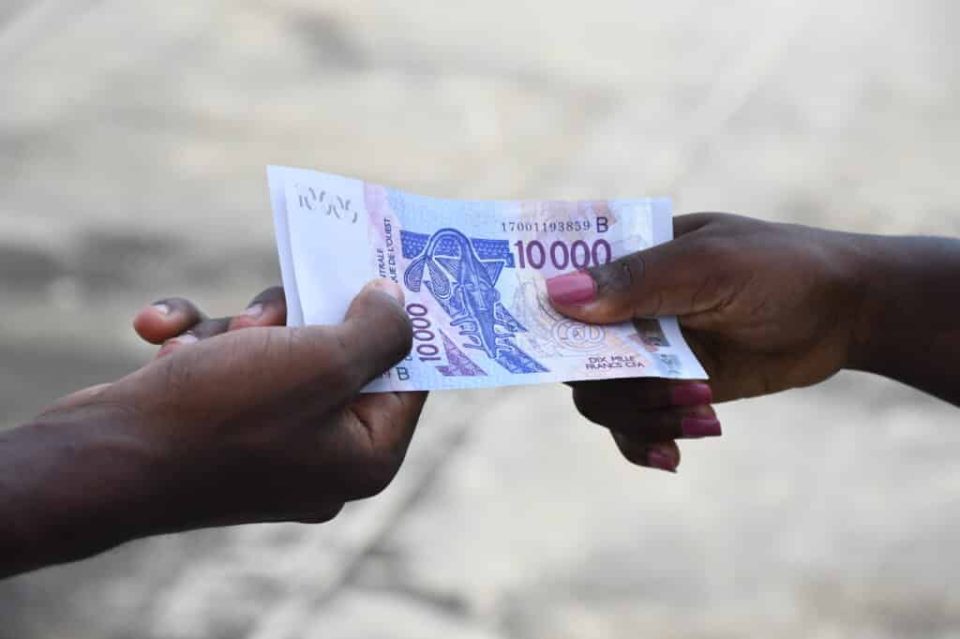A newly proposed US bill aiming to impose a 5% tax on remittances sent by non-citizens could have sweeping consequences for African fintech startups, many of which have expanded into the remittance space.
The legislation, introduced last week by Republican lawmakers, would require money transfer operators to verify the immigration status of senders and apply a tax credit mechanism for US citizens, effectively imposing a surcharge on undocumented immigrants and non-citizen residents.
Although similar proposals have surfaced in the past, notably from current Vice President JD Vance, this latest iteration is gaining traction and comes amid US President Trump’s desire to rewrite global trade relations.
Africa’s remittance sector at risk
The bill comes at a critical time for Africa’s remittance industry. In 2024, African nations received over $90 billion in remittance inflows, accounting for up to 10% of GDP in certain countries. These flows are not only a lifeline for families but also provide much-needed funding for local businesses.
Startups like Lemfi, NALA, Kuda, and Moniepoint have emerged as key players in the African remittance space, offering faster, cheaper, and more user-friendly alternatives to traditional money transfer giants.
In January, Lemfi secured $53 million in Series B funding, while Tanzania-based NALA raised $40 million last year, underlining investor confidence in the sector.
The US, home to more than two million African immigrants, remains one of the largest remittance corridors to the continent, contributing nearly $13 billion annually. Nigeria alone received $5.7 billion from the US in 2021, followed by Egypt ($1.8 billion) and Kenya ($1.2 billion).
Political pushback begins, but not from Africa
While African governments have not issued formal responses, some countries with high remittance dependency may soon be compelled to weigh in.
Mexico’s ambassador to the US, Esteban Moctezuma Barragán, has already voiced opposition. In a letter to the House Ways and Means Committee, he urged lawmakers to reconsider the proposal, citing the burden it could place on vulnerable migrant communities.
Join 30,000 other smart people like you
Get our fun 5-minute roundup of happenings in African and global tech, directly in your inbox every weekday, hours before everyone else.
As the bill gains momentum in Washington, African fintechs and their investors must brace for a possible slowdown in transaction volumes and potentially the beginning of a regulatory headache for a sector that had been surging with optimism.
